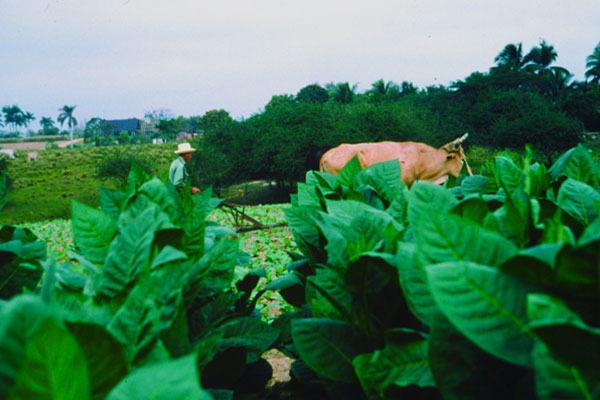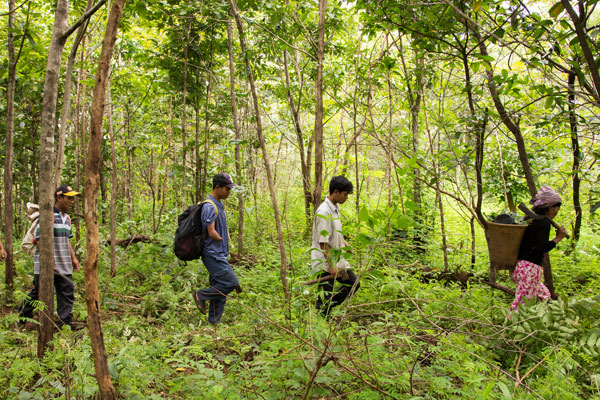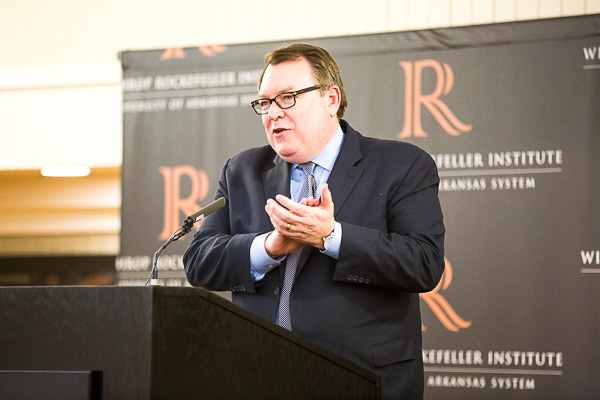July 2015

Winrock Volunteer Shares Organic Farming, Certification Expertise in Cuba
July 30, 2015
Winrock volunteer and organic agriculture expert Charles Mitchell traveled to Cuba last month to participate in the country’s first ever National Conference on Organic Certification, where he shared his expertise as both an organic farmer and organic inspector in the United States and Canada. Building on the initial Winrock-sponsored exchange in March, the Asociacion Cubana […]
Report Provides Guidance to Decision-Makers Seeking to Finance Sustainable Land Use Activities
July 21, 2015
As part of a U.S. Department of State-funded project, Winrock International has published a report – Financing Land Use Mitigation: A Practical Guide for Decision-Makers – that provides guidance to policy-makers to help them understand and facilitate the connection between emission reducing activities that require finance, instruments, and sources of funds. The report also targets […]
Winrock CEO Helps Create New Advisory Organization, The Cuba Consortium
July 11, 2015
Winrock’s CEO, Rodney Ferguson, has joined an advisory board that will guide the newly created Cuba Consortium, a member-based group of companies, nonprofits, investors and entrepreneurs interested in U.S.-Cuba normalization. As relations between the two countries normalize, the Consortium, which is being launched by The Howard Baker Forum, will inform and prepare members for opportunities […]
Winrock International names Joyjit Deb Roy Senior Director of Agriculture and Enterprise
July 10, 2015
Winrock International is pleased to announce that Joyjit Deb Roy has been named Senior Director of Winrock’s Agriculture and Enterprise Group, to support the organization’s work promoting economic opportunities for smallholder farmers, communities and agricultural enterprises. Prior to joining Winrock, Deb Roy was Managing Director for Project Management at ACDI/VOCA, where he supported global projects […]